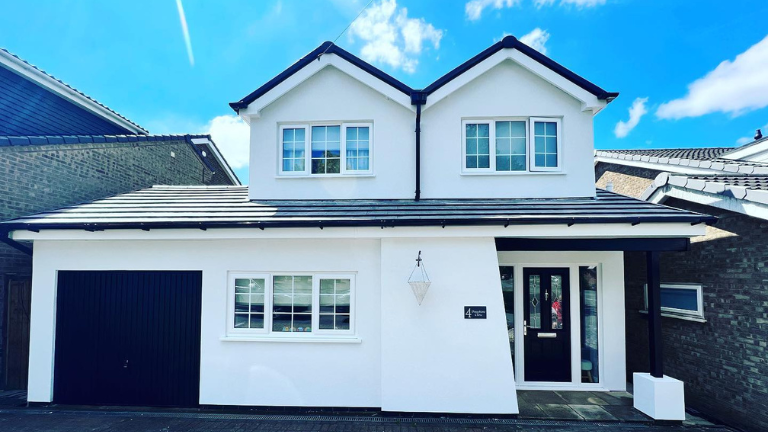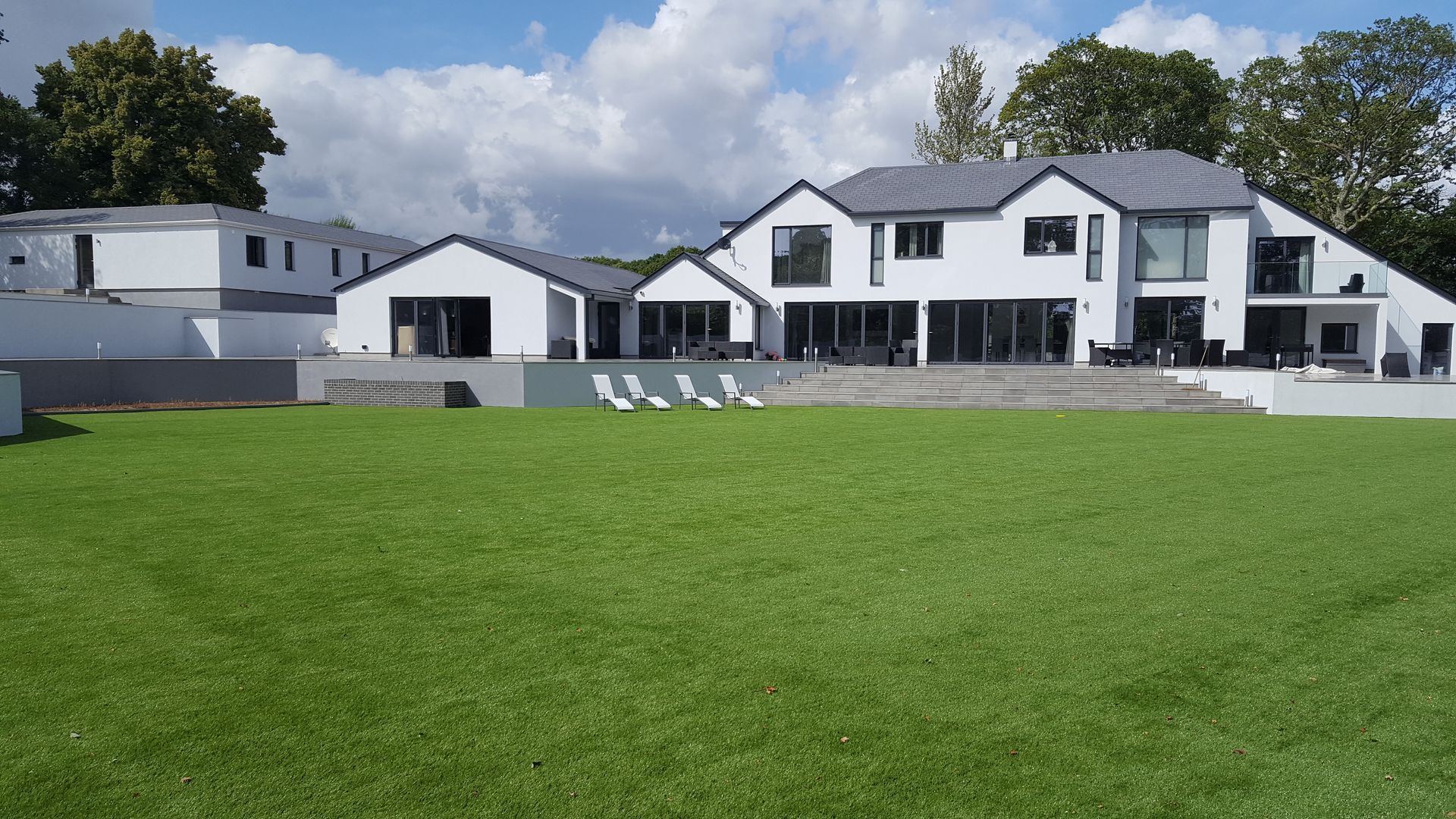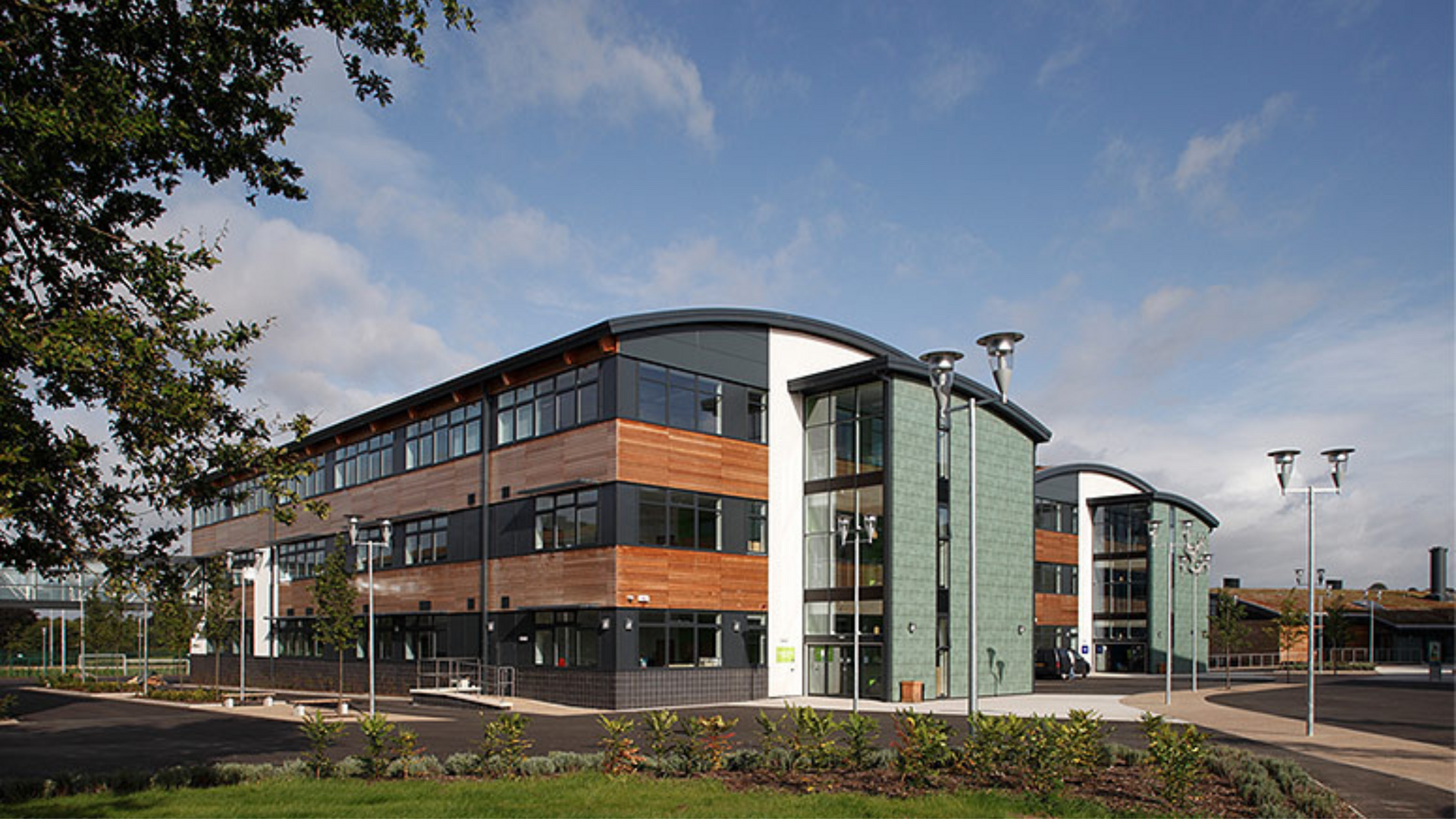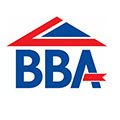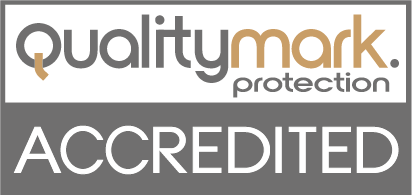Mineral Wool Insulation or EPS Insulation
When choosing to have an EWI system installed on a property, one of the first things that need to be decided is choosing the type of insulation. The market currently is overflowing with choices when it comes to insulation materials. Usually, the decision comes down between Mineral Wool or EPS as they are the most common materials in the UK.
How do you know which of the two will be more suitable for the property? In this blog article, we will cover the different characteristics and core differences between
Mineral Wool and EPS to help you make the right decision.
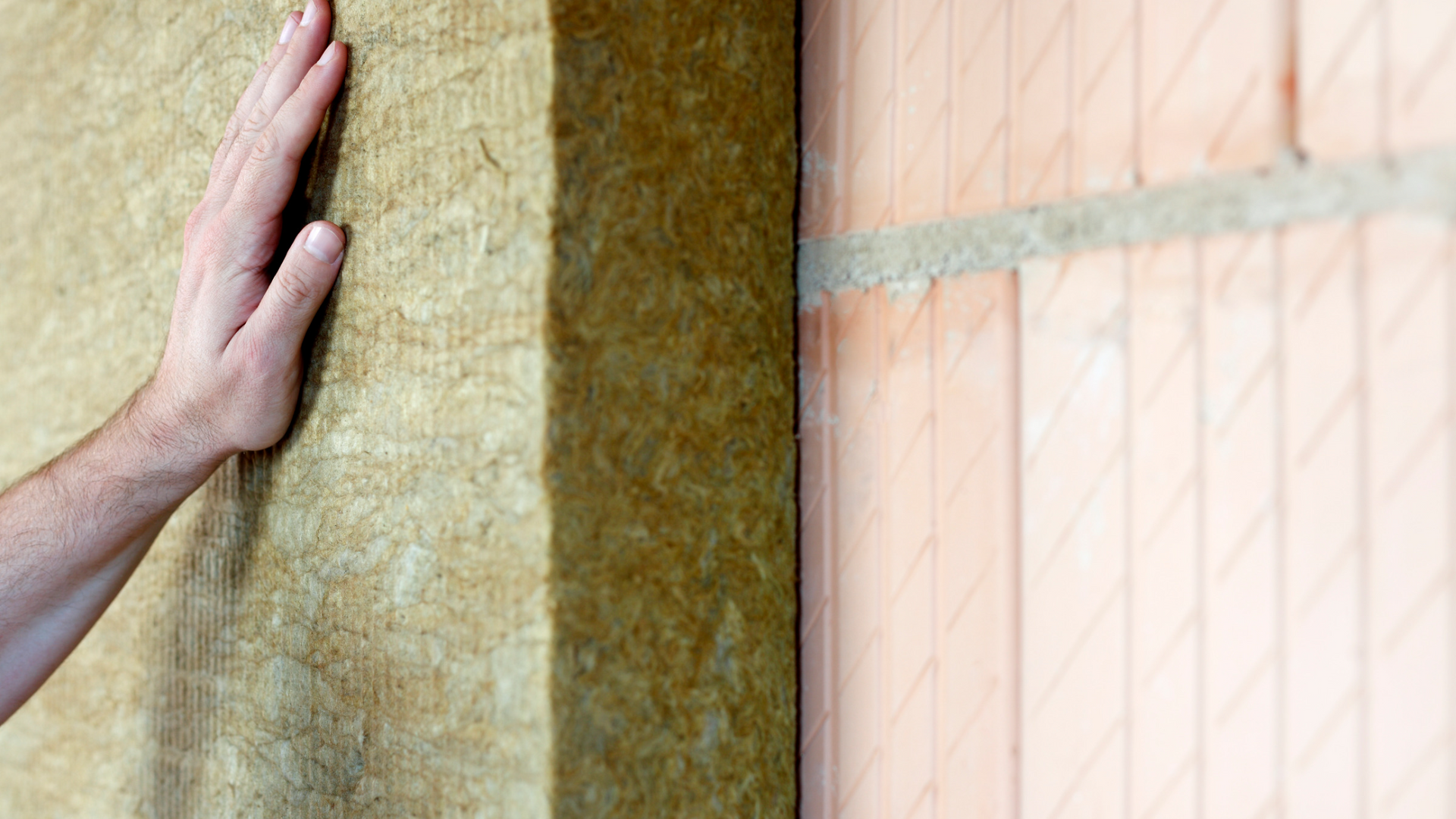
What is Mineral Wool Insulation?
Mineral wool is fibre-based, loose-fill insulation. It has similar appearance characteristics to fibreglass insulation, however, the main difference lies in its denser and stiffer properties. Just like EPS and other insulation materials, mineral wool is used within an EWI system to improve a property’s energy efficiency.
Mineral wool comes in batts and as loose fill so it can not only be installed in EWI installations but also in lofts, ceilings, roofs and floors.
What is EPS Insulation?
EPS stands for Expanded Polystyrene, which is a foam plastic board comprised of solid beads of polystyrene. It is a solid wall insulation material and is installed in an EWI system to improve the thermal performance of a building. The boards can come in a range of thicknesses to meet any project requirements.
EPS insulation is quite versatile as it can be used on a variety of substrates in combination with an adhesive/basecoat and then secured with EPS fixings.
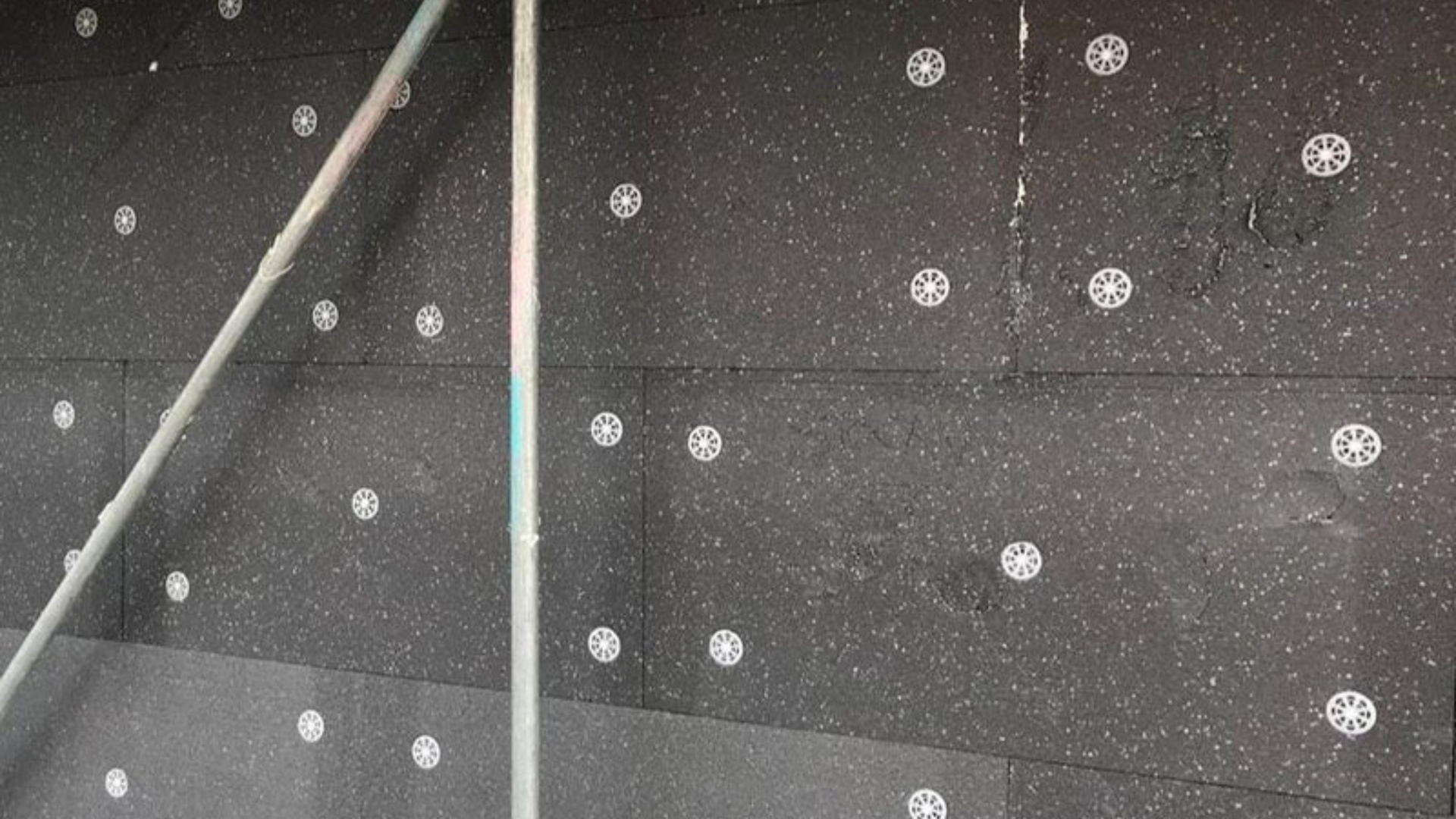
Fire Resistance
A common myth that in recent years has been debunked is that EPS insulation boards are combustible. The base materials on their own used to manufacture EPS are indeed flammable, however, nowadays manufacturers use fire retardant additives (FRAs) to ensure that EPS features high fire resistance whilst maintaining its cost-effectiveness and efficiency, without compromising on safety.
As for
Mineral Wool, it will protect buildings it’s used on from the spread of fire and tests have shown that mineral wool insulation can withstand temperatures exceeding 1000ºC. The insulation will not burn or release toxic gases or smoke when exposed to high heat. This fire rating helps delay the spread of fire in a home, thus improving a home's resiliency.
When it comes to the fire resistance of both of these insulation types, they both guarantee high levels of safety as long as installed correctly meeting the manufacturer’s requirements.
Moisture & Breathability
EPS insulation boards come with a plethora of benefits but one key advantage of using them instead of other materials lies within their water-resistant properties. It’s truly the reason why they make for a great choice to insulate your property and protect it from different weather conditions. If choosing to have EPS insulation installed, your property is guaranteed to a high extent not to suffer from water damage, mildew, mould, etc. You can further improve EPS’ waterproofing properties when it is installed combined with a highly water-resistant render topcoat, for example, a silicone render.
Mineral wool is carefully treated within the manufacturing process to maximise its water-repellency properties. Due to its rot-proof features, the growth of fungi and mould is prevented. Mineral wool is non-hygroscopic and contains a water-repellent additive, which doesn’t allow for water to pass through the layers of insulation.
U-Value Differences & Thermal Performance
EPS has very low thermal conductivity due to its closed-cell structure consisting of 98% air. The air trapped within the cells is a very poor heat conductor and hence provides the foam with excellent thermal insulation properties. The thermal conductivity (U-Value) of expanded polystyrene foam of density 20 kg/m3 is 0.035 – 0.037 W/ (m·K) at 10°C.
The thermal performance of mineral wool is mainly due to the prevention of convection by the entrapment of air in the material's open-cell, woolly matrix. Conduction is reduced since there is very little solid material to provide pathways and the trapped, static air has low thermal conductivity. Its typical U-Value with a standard board thickness of 100mm is 0.035W/mK.
Key Benefits of EPS Insulation
- Excellent thermal insulation
- Good acoustic insulation
- Superior water-resistance
- Fire-resistant
- Lifetime durability
- Flexible mechanical properties
- Versatile and easy to install
- Cleaner installation
- More cost-effective
- Easy to transport
Key Benefits of Mineral Wool Insulation
- Superior fire resistance
- More breathable
- Excellent acoustic insulation
- Flexible and versatile
- Water-resistant
- Durable
- Cost-effective
- Easy installation
Don't hesitate to contact our team if you have any further enquiries regarding EPS or Mineral Wool Insulation.

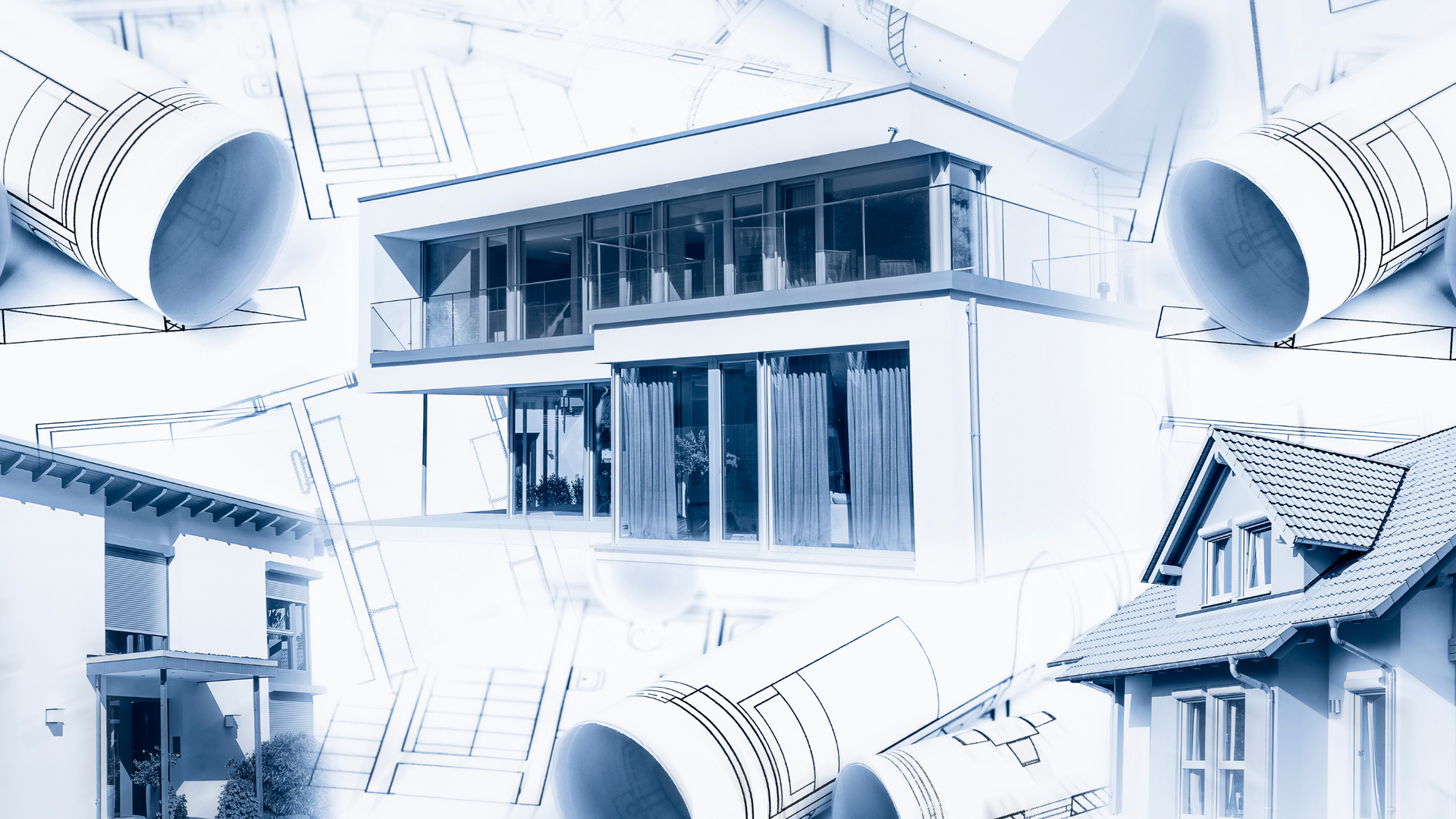
Why Silicone Render is the Best Choice for a Property’s Exterior: Benefits, Application & Aesthetics





